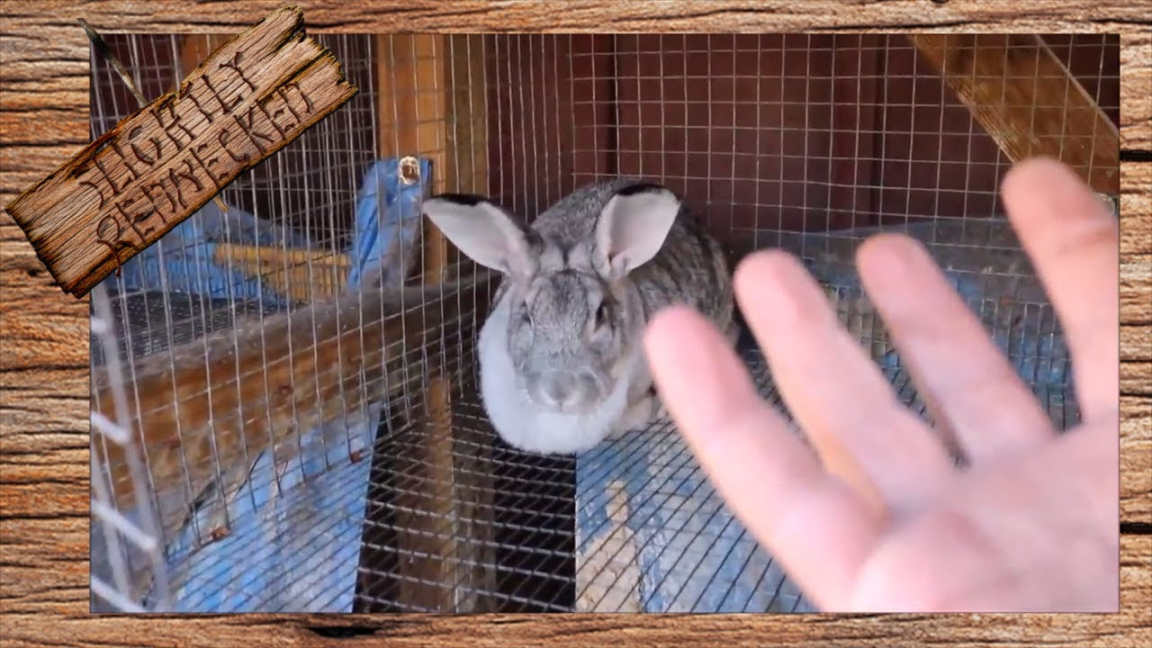What to Feed a Pregnant Rabbit?
Pregnancy is a crucial phase in a rabbit’s life, and providing a well-balanced and nutritious diet is essential for both the mother’s health and the development of her unborn kits. It is important to understand the dietary requirements of pregnant rabbits to ensure their overall well-being and successful reproduction. In this article, we will discuss what to feed a pregnant rabbit to support a healthy pregnancy.

Feeding Guidelines for Pregnant Rabbits
1. High-Quality Fresh Hay
Hay should be the primary component of a pregnant rabbit’s diet. It provides essential fiber, aids in digestion, and helps prevent gastrointestinal issues. High-quality grass hay, such as timothy or orchard grass, should be made available at all times. Hay should be fresh, free from dust or mold, and stored in a dry place to maintain its nutritional value.
2. Fresh Vegetables and Leafy Greens
Vegetables and leafy greens should make up a significant portion of a pregnant rabbit’s diet. These provide essential vitamins, minerals, and antioxidants. Offer a variety of vegetables and greens such as romaine lettuce, spinach, kale, parsley, and carrot tops. Introduce new vegetables gradually, as sudden changes to the diet can cause digestive issues.
3. Pellets
Pellets formulated specifically for rabbits can be included in a pregnant rabbit’s diet. These pellets are nutritionally balanced and provide additional vitamins and minerals. However, they should be fed in moderation and should not be the primary source of nutrition. Pregnant rabbits require approximately 1/8 to 1/4 cup of pellets per day, depending on their size.
4. Fresh Water
Access to fresh, clean water is vital for pregnant rabbits. Ensure that water is always available in a sipper bottle or a heavy, spill-proof bowl. Change the water daily to maintain its freshness.
5. Limited Treats
Treats should be given sparingly to pregnant rabbits, as these can be high in sugar and calories. Limit fruits and commercial treats to small portions occasionally, as excessive treats can lead to obesity and potential pregnancy complications. Always introduce new treats gradually to avoid any digestive upsets.
Frequently Asked Questions (FAQs)
1. Can I feed my pregnant rabbit alfalfa hay?
Alfalfa hay can be fed to pregnant rabbits, but in moderation. While it is higher in calcium and protein than grass hay, excessive amounts can lead to urinary issues. It is recommended to mix alfalfa hay with grass hay to provide a balance of nutrients.
2. Are there any vegetables I should avoid feeding my pregnant rabbit?
Yes, certain vegetables should be avoided or given in limited quantities. These include iceberg lettuce, cabbage, and cauliflower, as they can cause digestive problems. Focus on providing a variety of safe vegetables such as leafy greens, bell peppers, and carrots.
3. Should I provide additional supplements to my pregnant rabbit?
In most cases, a well-balanced diet consisting of hay, vegetables, and limited pellets should provide all the necessary nutrients for a pregnant rabbit. However, if you have concerns about specific deficiencies, it is best to consult with a veterinarian who can recommend suitable supplements.
4. How long is the gestation period for rabbits?
The average gestation period for rabbits is approximately 31 to 33 days. However, it can vary slightly depending on the breed and individual factors. It is important to be prepared and provide proper care during this time to ensure a successful pregnancy and delivery.
Feeding a pregnant rabbit a balanced diet is crucial for her health and the well-being of her unborn kits. A diet rich in fresh hay, vegetables, limited pellets, and fresh water will provide the necessary nutrients for a successful pregnancy. Remember to introduce new foods gradually and consult with a veterinarian for any specific concerns or dietary requirements. Providing the right nutrition will contribute to a healthy and happy pregnancy for your rabbit.
Related Articles…
Copyright Notice:
All images featured on this site are sourced from the internet, copyrights belong to respective owners. Should you own any image and require it to be removed, please contact us.